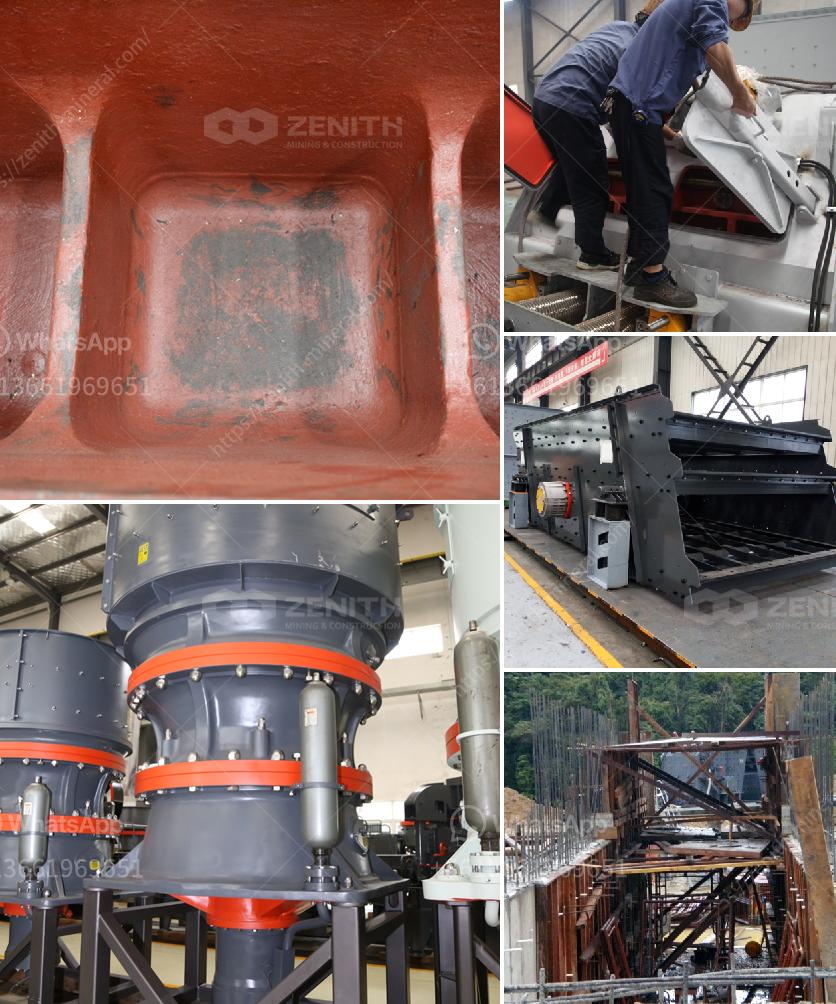The best design for stone screening equipment depends on various factors such as the type of stone, desired output size, operational efficiency, durability, and ease of maintenance. However, here are some key features that typically characterize an effective stone screening equipment:
-
Robust Construction:
- Durable Materials: The equipment should be built with high-quality, wear-resistant materials to withstand the harsh conditions and abrasive nature of stones.
- Reinforced Frame: A strong and stable frame ensures the longevity and reliability of the screening process.
-
Efficient Screening Mechanism:
- Vibrating Screens: These are widely used due to their efficiency in separating materials by size through continuous vibrations.
- Mesh Size Versatility: The ability to swap out screens with different mesh sizes enables versatility in processing various stone sizes.
-
High Throughput:
- Optimal Screening Area: A generously sized screening area enhances the throughput, allowing more material to be processed in less time.
- Multiple Decks: Multi-deck screens allow simultaneous separation into different size fractions, increasing overall productivity.
-
Adjustability and Control:
- Adjustable Vibration Frequency: Controlling the vibration speed can help in refining the screening process for different stone types.
- Tilt Angle Adjustment: Modifying the tilt angle of the screen can optimize the flow rate and effectiveness of the screening.
-
Minimal Maintenance:
- Easy Access: Components should be designed for easy access to facilitate quick inspections, repairs, and replacements.
- Self-Cleaning Mechanisms: Incorporating features like self-cleaning screens can reduce downtime associated with manual cleaning.
-
Safety Features:
- Guarding: Proper guarding around moving parts to protect operators.
- Emergency Stop Features: Quick and accessible shut-off mechanisms in case of emergencies.
-
Energy Efficiency:
- Efficient Motors: Utilizing energy-efficient motors to reduce power consumption without compromising performance.
- Optimal Load Management: Designed to manage loads effectively, preventing overuse of energy.
Before finalizing the design, it’s also important to consider the specific requirements and constraints of your operation, such as the space available, type of stones being processed, and environmental conditions. Consulting with experts and potentially customizing the equipment based on your unique needs can often yield the best results.

